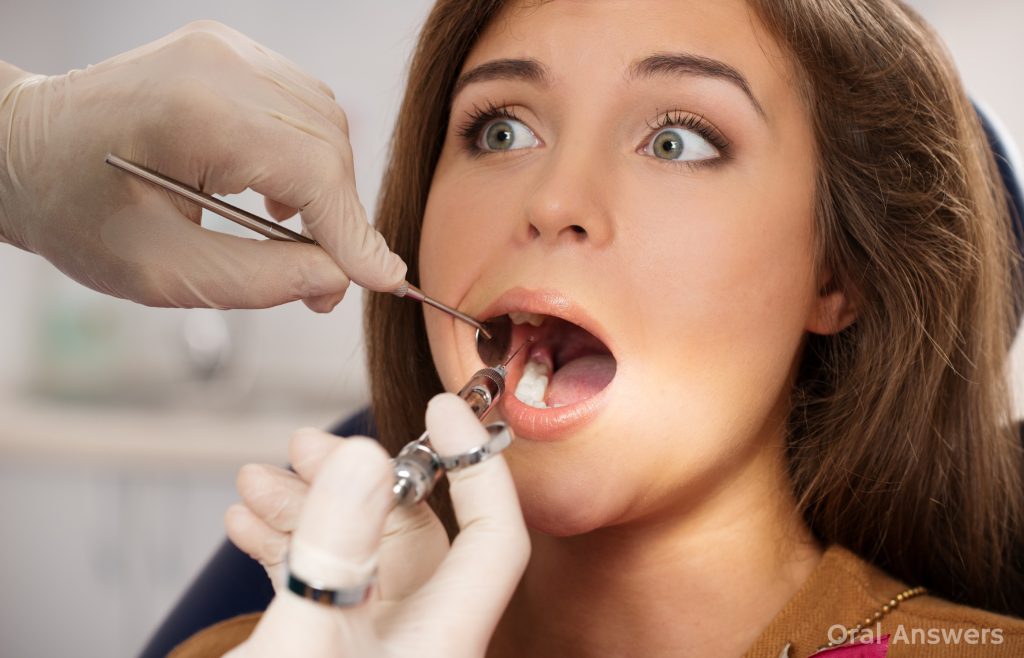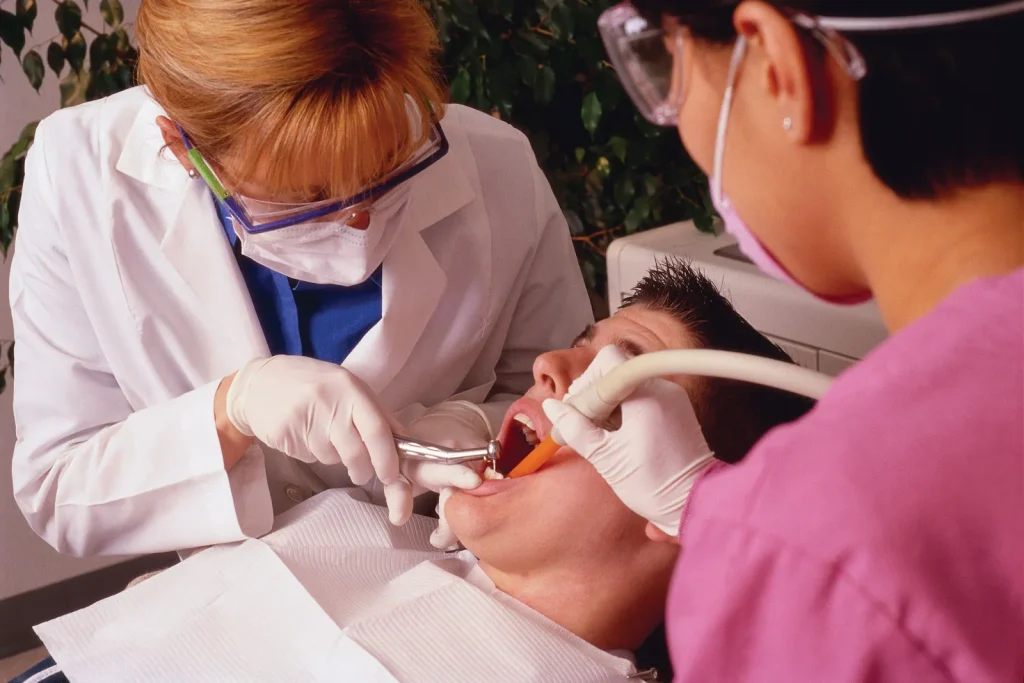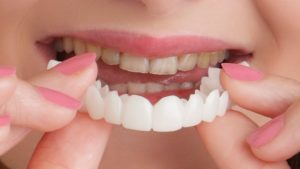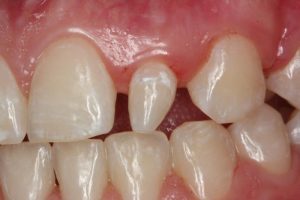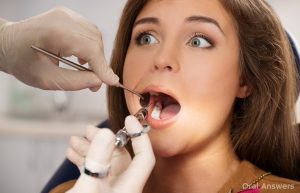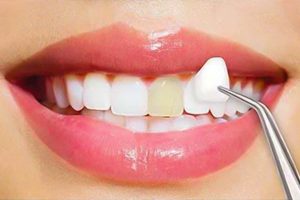I have found that numbing drugs do not work on me like they typically would on patients. After several horrific experiences, it has been determined that I am extremely sensitive to the numbing drugs that dentists use, and have learned that the only way for me to handle a dental procedure is to be unconscious. Do you have experience with patients like me?
Sincerely,
Richard
Richard,
Many patients have similar experiences with numbing drugs. For some, nitrous oxide will calm them enough for a drug like novocain to work. However, others need to be completely sedated to become numb.
If we are stressed or anxious enough, there is something in our body chemistry that prevents novocain from working completely or causes it to quickly wear off. It is typical for a patient to be hesitant to admit they have experienced something traumatic with a dental procedure. However, sometimes patients also complain that “novocain doesn’t work on me” but that’s very rare.
Dentists give an injection of novocain to numb the injection spot, allowing the dentist to know they are ready to proceed with the work. However, they begin to feel pain once the procedure has begun. This leads to nitrous oxide gas. However, if the dentist doesn’t wait long enough after administering the gas, the patient will still feel the pain.
If a dentist waits until the patient is in a very relaxed state, then administers the novocain again, they are typically fine. Sometimes, patients will need a stronger sedation and then for the novocain to be administered again after they are fully sedated. This typically happens to patients who have had traumatic dental experiences.
It would be a good idea for you to look for a sedation dentist or one with sleep dentistry experience. Conscious sedation is a more affordable dentistry option than general anesthesia. It is also safer and easier to administer. Most patients are unable to recall the appointment. However, if this option doesn’t work for you, you may need to go the general anesthesia route.
Why Doesn’t Nitrous Oxide Work on Me?
Many people complain that “nitrous oxide does not work for me”.
Experiencing a lack of response to nitrous oxide, commonly known as laughing gas, can be perplexing. Nitrous oxide is a mild sedative commonly used in dentistry to induce relaxation and alleviate anxiety during dental procedures. Several factors may contribute to the apparent ineffectiveness of nitrous oxide in some individuals:
- Inadequate Administration:
The effectiveness of nitrous oxide depends on proper administration. If the concentration of nitrous oxide and oxygen is not adjusted correctly or the mask doesn’t form a proper seal, it can impact the sedative effect.
- Individual Variations:
People react differently to sedatives, including nitrous oxide. Factors such as metabolism, body weight, and overall health can influence how the body responds to the gas.
- Psychological Factors:
Anxiety and fear can affect the perception of sedation. If an individual is highly anxious or resistant to relaxation, the calming effects of nitrous oxide may be less noticeable.
- Preexisting Medical Conditions:
Certain medical conditions or medications may interfere with the sedative effects of nitrous oxide. It’s essential to inform the dentist about any existing health conditions or medications being taken.
- Tolerance:
Some individuals may develop a tolerance to nitrous oxide over time, especially if they have undergone multiple procedures with its use. In such cases, alternative sedation methods may be considered.
- Inhalation Technique:
Proper inhalation technique is crucial for nitrous oxide to take effect. Shallow breathing or breathing through the mouth rather than the nose may reduce its effectiveness.
If you find that nitrous oxide is not working as expected, it’s essential to communicate with your dentist. They can adjust the concentration, address any issues with administration, or explore alternative sedation options if necessary.
Possible Reasons for Ineffectiveness:
Many people wonder, “Why doesn’t laughing gas work on me?” Well, there could be different reasons for its ineffectiveness. Some of them are:
- Anatomic Variations:
Individual variations in nerve anatomy can influence the effectiveness of dental numbing medications. Some patients may have nerve pathways that are more resistant to topical anesthetics.
- Metabolic Factors:
Metabolic variations among individuals can impact the rate at which the body processes and reacts to anesthetics. Factors like metabolism and enzymatic activity may play a role in the efficacy of numbing medications.
- Psychological Factors:
Anxiety and stress can heighten sensitivity to pain and affect the perception of numbness. Individuals with high levels of anxiety may experience reduced effectiveness of local anesthetics.
